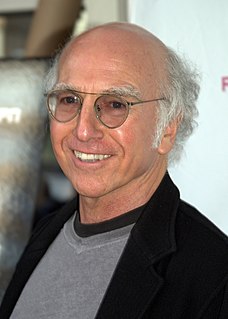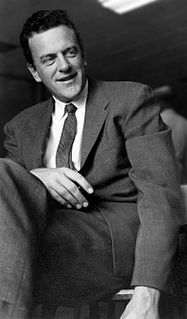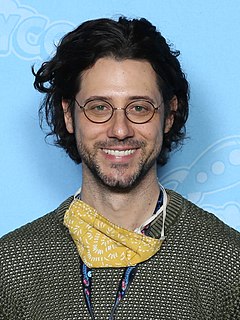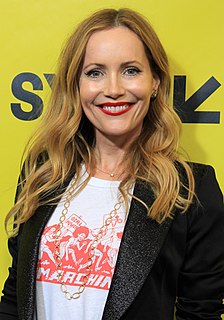A Quote by Larry David
I had a wonderful childhood, which is tough because it's hard to adjust to a miserable adulthood.
Related Quotes
We had a great childhood and boyhood. It was a wonderful time through those years. A lot of it was through the Depression years, when things were tough, but my dad always had a job. But I had a great time. I was kind of restless, and I had a hard time staying in school all day, so me and a few pals would duck out and go out on these various adventures.
Because I was in psychiatric treatment for most of my childhood and had to learn English and had to adjust to a white-dominated society, I truly know what being Sudanese refugees [adopting by white family] mean. It's not something that you can explain in the confines of an interview, but there is an immediate comfort, a connection between black phenotypes that is natural.



































